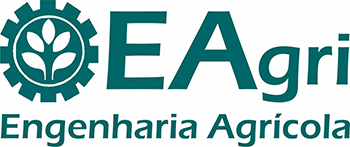The use of wastewater with chemical characteristics capable of replacing the addition of chemical fertilizers has widely benefited regions where it is necessary to use irrigation and in soils that require addition of fertilizer. However, an environmental and agronomic concern must always persist in the use of this technique. Thus, the present study has the objective of evaluating the development of the corn crop (Zea mays L.) irrigated with swine wastewater on four charges of application (112.5; 225; 337.5 and 450 kg N ha-1) and conventional fertilization (AD) in two levels (15 and 25 kg N ha-1), evaluating the performance of nitrogen forms in the water and soil. The work was developed with the implementation of lysimeters, after completion of irrigation with swine wastewater, and collecting samples of soil at depths 0-20; 20-40 and 40-60 cm. From the results it was concluded that the soil had a tendency to increase the concentration of inorganic nitrogen as a function of the wastewater and time. In the percolated water there was a higher concentration of nitrate in proportion to the rates of wastewater.
effluent; environmental; contamination

 Behavior of the forms of nitrogen in soil grown with corn irrigated with swine wastewater
Behavior of the forms of nitrogen in soil grown with corn irrigated with swine wastewater









